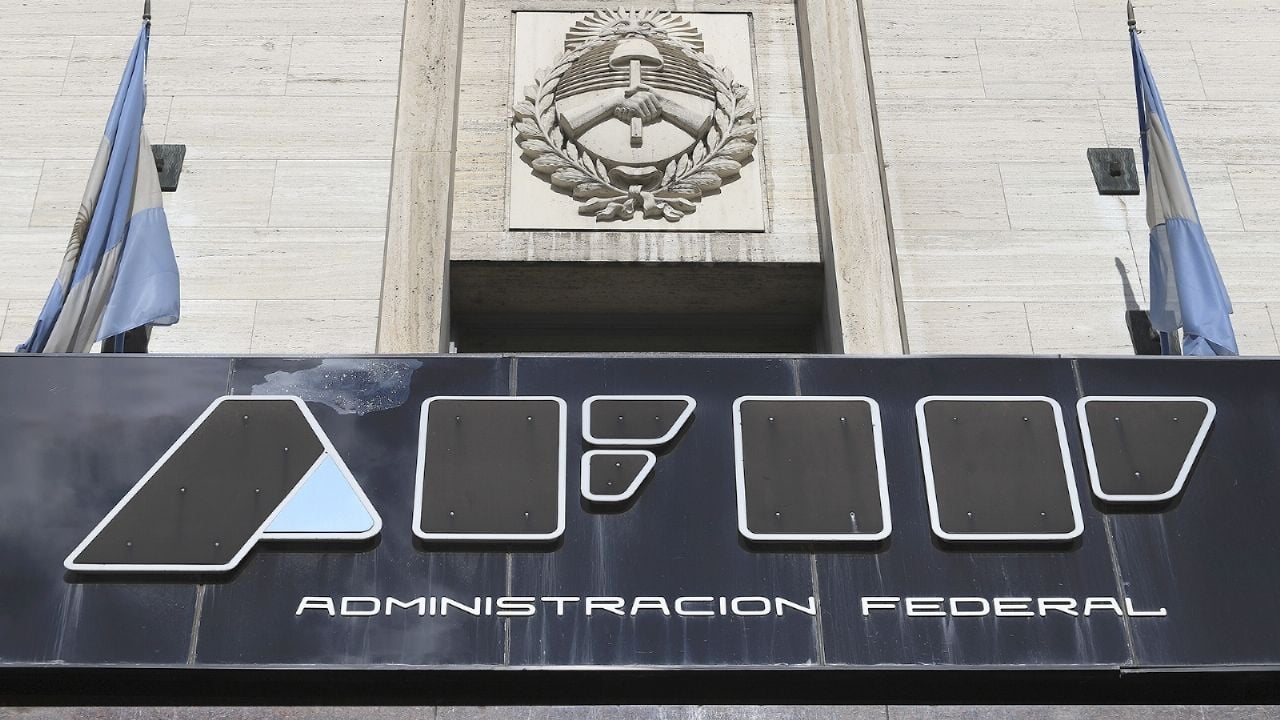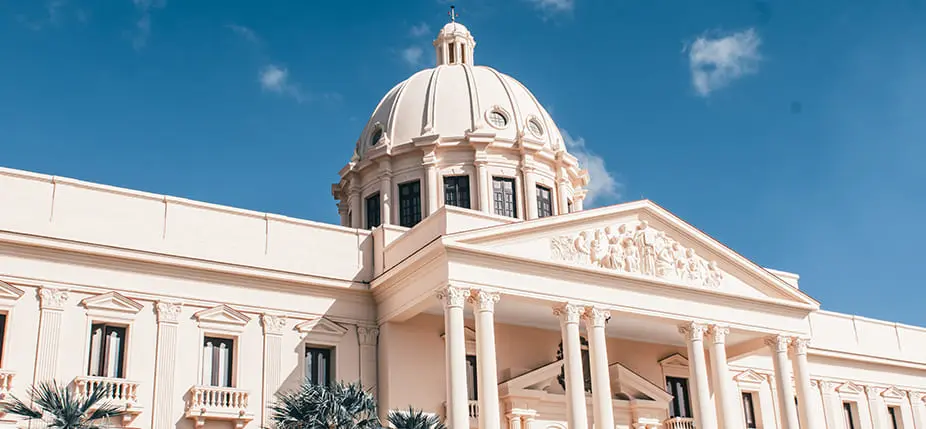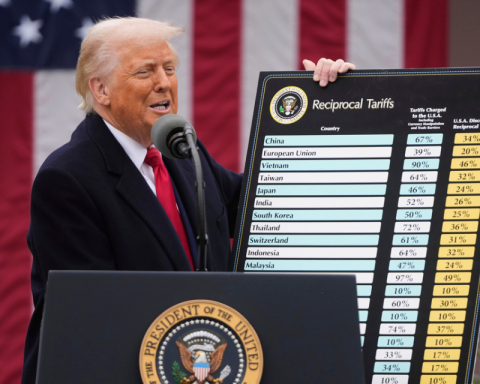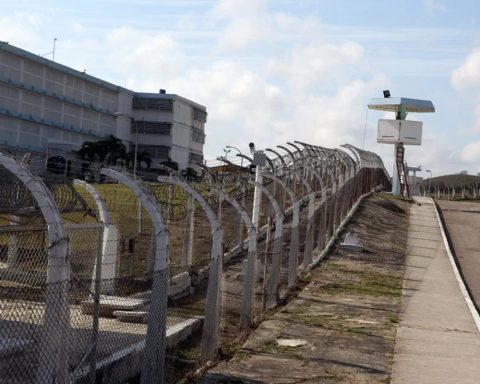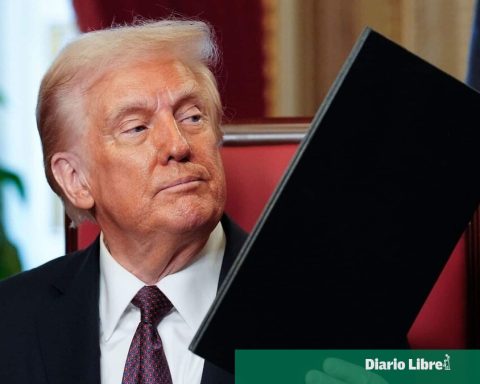The Federal Public Revenue Administration (AFIP) has made important clarifications regarding the Tax Amnesty Regime, allowing taxpayers to launder assets of up to USD 200,000 free of charge. This measure has generated great interest and various queries among accountants and tax professionals.
The tax sincerity of AFIP This is a tool that allows taxpayers to declare assets that have not been previously registered, with the aim of regularizing their tax situation. This type of regime has been used in several countries as a way to increase tax revenue and promote tax transparency.
In Argentina, the AFIP has implemented this regime with certain particularities that seek to facilitate the incorporation of capital into the formal system. AFIP has responded to various queries from accountants and professionals in the sector, specifying that taxpayers will be able to declare assets worth up to USD 200,000 free of charge.
This amount is divided into two parts: up to USD 100,000 to declare cash and another USD 100,000 for other assets, such as real estate. This provision doubles the amount that was initially understood to be exempt from paying the 5% rate or the official tax.

The tax amnesty regime establishes that cash must remain deposited in a special account until September 30, 2024, or be used for one of the purposes admitted by the law.. As of October 1, 2024, these funds can be withdrawn without paying the 5% withholding tax.
As for real estate, if its value does not exceed USD 100,000, it will not be subject to the payment of a special tax. To illustrate how this regime works, the AFIP has provided concrete examples.

Examples
For example, if a taxpayer regularizes in the AFIP about USD 80,000 in a property and USD 90,000 in cash, you will not have to pay additional taxes, as long as the cash is kept in the special account until the stipulated date.
Otherwise, if a taxpayer regularizes USD 180,000 in property and USD 120,000 in cash, only the amount exceeding USD 100,000 in cash will be subject to the provisions of Article 31 of the law.
